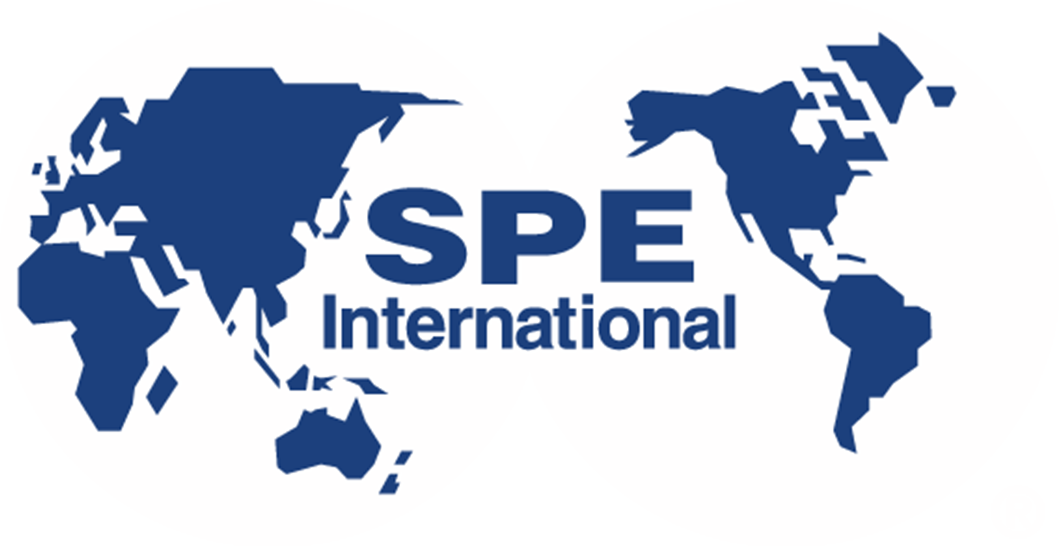About the Workshop
Produced water contains a complex mixture of inorganic (dissolved salts, trace metals, suspended particles) and organic (dispersed and dissolved hydrocarbons, organic acids) compounds, and in many cases, residual chemical additives (such as scale and corrosion inhibitors) that are added into the hydrocarbon production process. These substances may have varying degrees of impact to the receiving environment and need to be treated prior to discharge into surface water or marine environment. Alternatively, treated produced water may be injected into disposal wells or into evaporation pits.
Treatment of produced water is driven by local legal requirement, technology availability and cost. As the industry looks at recovering output from mature fields and develop new fields in challenging environments, produced water management is becoming more challenging due to high water cut, presence of emulsion and significant volume of contaminants such as mercury, fine sand, and H₂S.
These challenges are driving the needs for the industry to explore new or enhanced feasible alternatives for a more cost-effective and sustainable management and disposal of produced water. This may include reduction at subsurface source by using methods such as mechanical blocking devices, water shut-off chemicals and downhole separation. Another alternative is to reuse produced water through reinjection into the reservoir, to enhance oil recovery or reuse for industrial, agricultural and recreational purposes. Digitalisation may also be optimised in allowing automation of produced water treatment, real-time or online sampling, and monitoring of produced water treatment system performance and discharge quality.
This workshop will serve as a platform for industry practitioners and subject matter experts to share and exchange knowledge on:
- Regulatory trends
- Overall produced water treatment challenges
- Aging facilities, new fields, and deepwater operation challenges
- Emerging Technologies solutions and Digitalisation
- Best practices and lessons learnt
Operators need to determine on whether the “cradle-to-cradle or cradle-to-grave” option is most suitable for each of their fields.
Workshop Objectives
This technical workshop aims to discuss an integrated and holistic approach in the application of cost-effective produced water treatment and management strategies through understanding regulation, emerging technologies, and its environmental impact. Participants are expected to:
- Discuss factors affecting measurement and monitoring, while gaining insights into the solutions, methods and new technologies available.
- Further delve into ways to reduce discharges in produced water, and if Produced Water Reinjection (PWRI) and zero discharge are feasible solutions.
- Gain knowledge from case studies and experience shared by industry practitioners on tackling mature fields and new fields in challenging environments.
